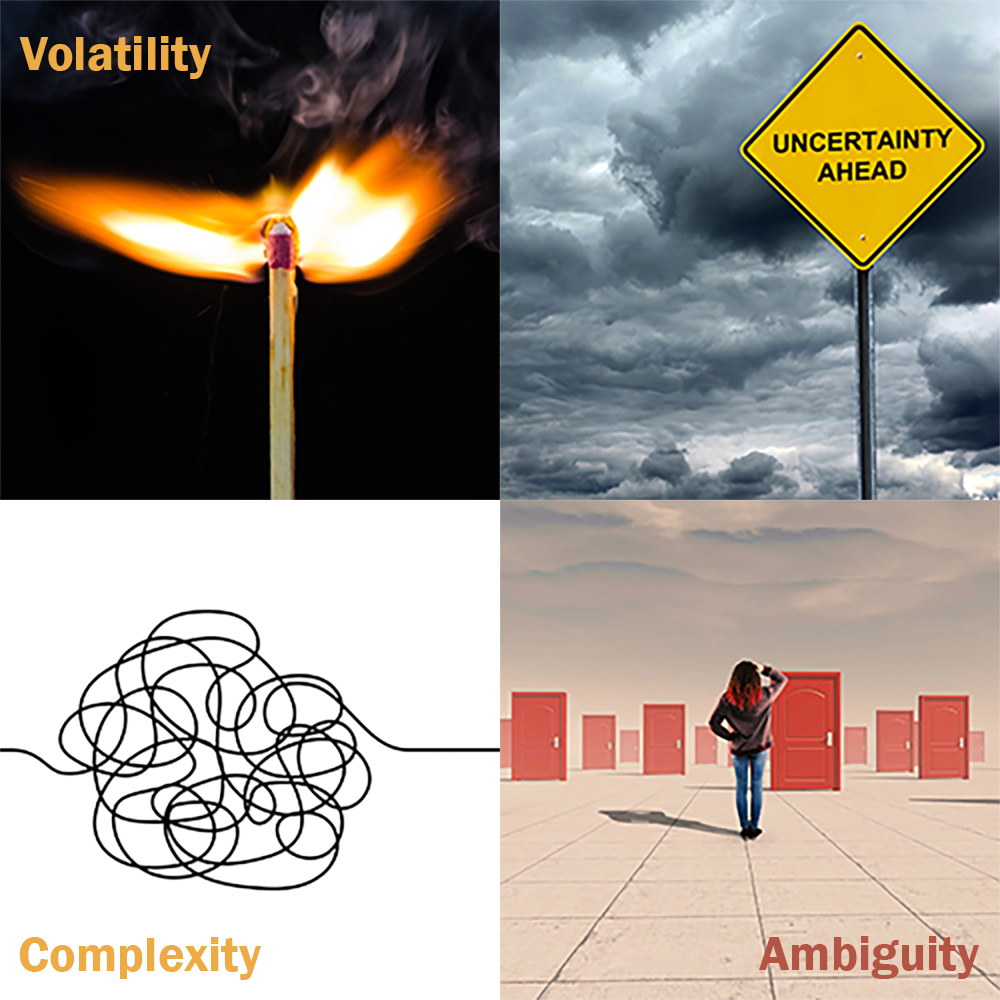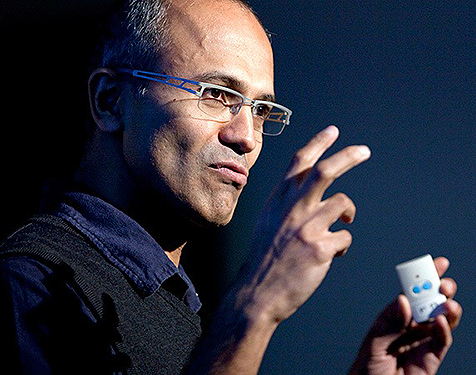Sergey Brin
Sergey Brin is one of the founders of Google, Inc. (along with Larry Page). Google started in 1998 in a garage in Menlo Park, California, 106 years after GE began. In August 2004 Google went public in an unconventional initial public offering (IPO) at $85 and raised $2 billion, which was the largest IPO ever. Google has been on a hot streak. Its fortune went up $5.5 billion in 12 months. Google was #4 of the World's Most Admired Companies in 2009, and it was #2 in 2010.
In reviewing Google's meteoric rise, I wanted to examine what EI competencies supported its huge success and chose to profile Sergey Brin to find out more. Much of what is determined for him is also true for Larry Page, and many of the EI competencies can be inferred from the environment they created together at Google. Brin and Page are both listed as #24 in the 2010 Forbes Magazine featuring the richest people in the world, with a net worth of $17.5 billion. They also made 1,000 of their now 6,000 employees instant millionaires with their IPO. Brin and Page dropped out of their Ph.D. programs in Computer Science at Stanford, in their words, to "'Change the world' through a search engine that organizes every bit of information on the Web for free." (Inspirational Leadership)
When they first met, they found each other obnoxious. They argued constantly about random issues, but this behavior soon turned into an intellectual game with the goal of persuading each other over to their viewpoint. Finally, they discovered common ground when it came to solving one of computing's biggest challenges-how to retrieve relevant information from a massive set of data. Today, they still debate in a shared office where they make most decisions together. They also personally approve the hiring of nearly every new employee.
Brin and Page's vision for the future is: "The perfect search engine would understand exactly what you mean and give back exactly what you want." They agree that it is a far-reaching vision requiring research, development, and innovation. (Inspirational Leadership)
Google is actually a noun, a number followed by 100 zeros spelled "googol," but Brin and Page were about the spelling and stuck with "Google." Today, Google is synonymous with the Internet and has quickly become a verb. It is used in over 100 different languages with daily searches numbering over 250 million and over 8 billion Web pages.
Sergey was born in 1973 in Moscow, Russia. His father, Mikhail, has a Ph.D. in Mathematics and teaches at the University of Maryland. His mother is also a mathematician and worked as a civil engineer. The family was forced to flee Russia in 1979 because of anti-Semitism.
Sergey has been interested in computers since he received his first Commodore 64 at age nine. He was known as a "math whiz" and one of his classmates recalled that he was "quite cocky about his intellect," often challenging his teachers. He graduated from the University of Maryland with a B.A. in Mathematics an M.A. in Computer Science in 1993 at the age of 19 and then earned an M.A. in Computer Science in 1995 from Stanford. Sergey is confident, fit, and outspoken. (Achievement Orientation, Initiative, Confidence)
In response to a question about Google being the highlight of his career, he said, "I think it was the smallest of accomplishments that we hope to make over the next 20 years. But I think if Google is all we create, I don't think I would be very disappointed."' (Inspirational Leadership, Achievement Orientation)
"We run Google a little bit like a university. We have lots of projects, about 100 of them. We like to have small groups of people, three or so people, working on projects... . The only way you are going to have success is to have lots of failures first." (Teamwork and Collaboration, Building Bonds, Change Catalyst)
"Obviously everyone wants to be successful, but I want to be looked back on as being very innovative, very trusted, and ethical and ultimately making a big difference in the world." (Trustworthiness)
More competencies are revealed about the Google culture by looking at the 10 things Google has found to be true, listed on their website:
- Focus on the user and all else will follow. (Service Orientation)
- It's best to do one thing really, really well. Google does search and has applied that unique ability to new products (i.e., Nexus One Smartphone, Chrome Browser, and updated Google Maps). (Conscientiousness)
- You can make money without doing evil. There are no ads on their search page. (Trustworthiness)
- The need for information crosses all borders. (Service Orientation
- You can be serious without a suit. Brin and Page think work should be challenging and the challenge should be fun. They put their employees first when it comes to their daily life. It is a highly communicative environment with few walls, free food at its cafeteria, subsidized massages and haircuts, and many parties. Each team member is given one day a week to spend on their own pet projects. (Teamwork and Collaboration, Building Bonds, Communication, Developing Others)57
Below are the El competencies for Sergey Brin, shining with stars across all four clusters.
Key Strengths/Competencies
- Confidence
- Initiative
- Inspirational leadership
- Achievement orientation
- Adaptability
- Change catalyst
- Service orientation
- Trustworthiness
- Communication
- Influence
- Building bonds
- Developing others
Derailers
- No major ones noticed (... yet!)
EI Ratings: Sergey Brin
| Category | Personal | Social |
|---|---|---|
| Understanding | Self ★ | Others ★ |
| Managing | Self ★ | Others ★ |
Excerpt from Nadler, R. (2011). Profiles of star performers: Sergey Brin. In Leading with emotional intelligence, pp. 40-43. McGraw Hill.











